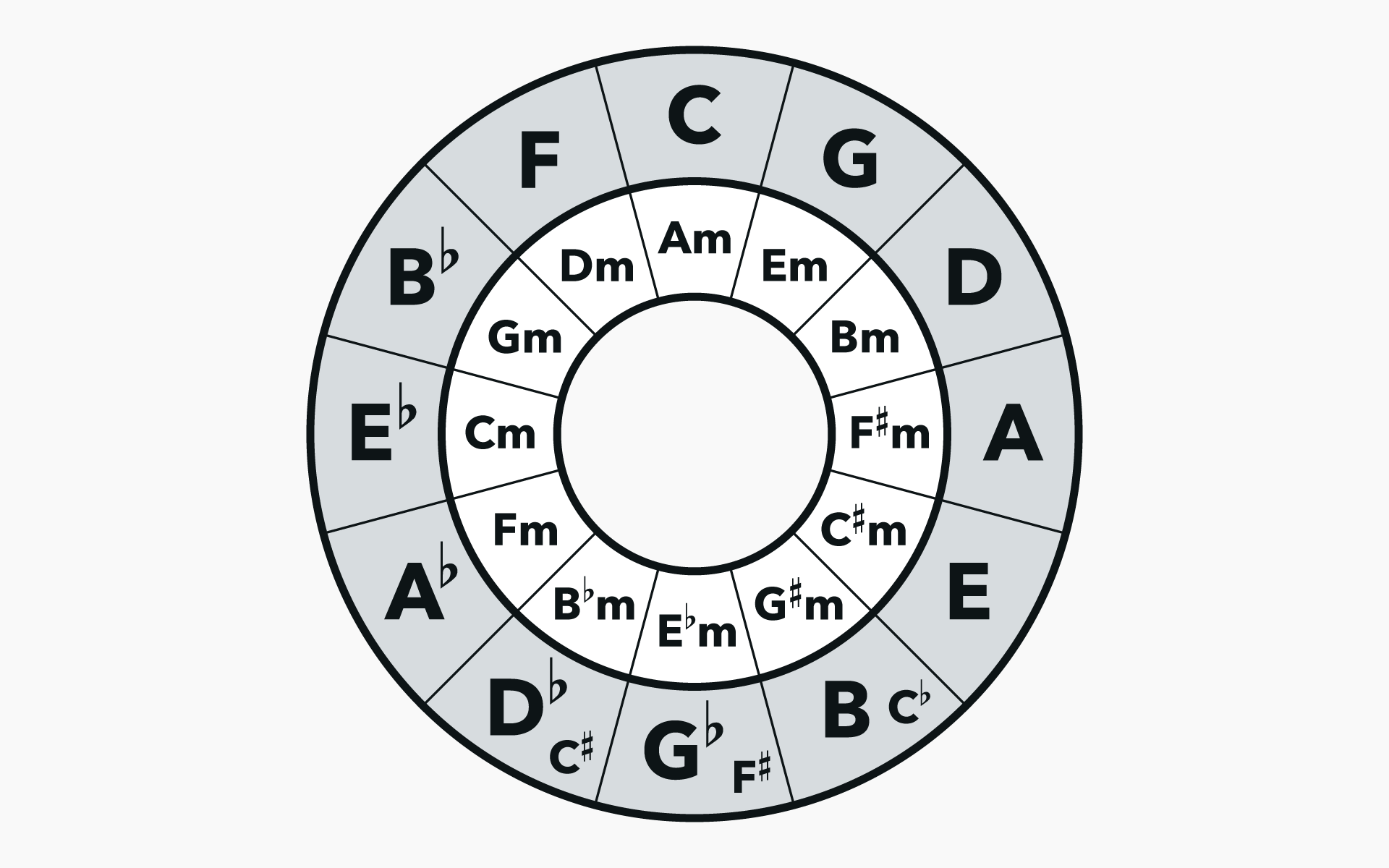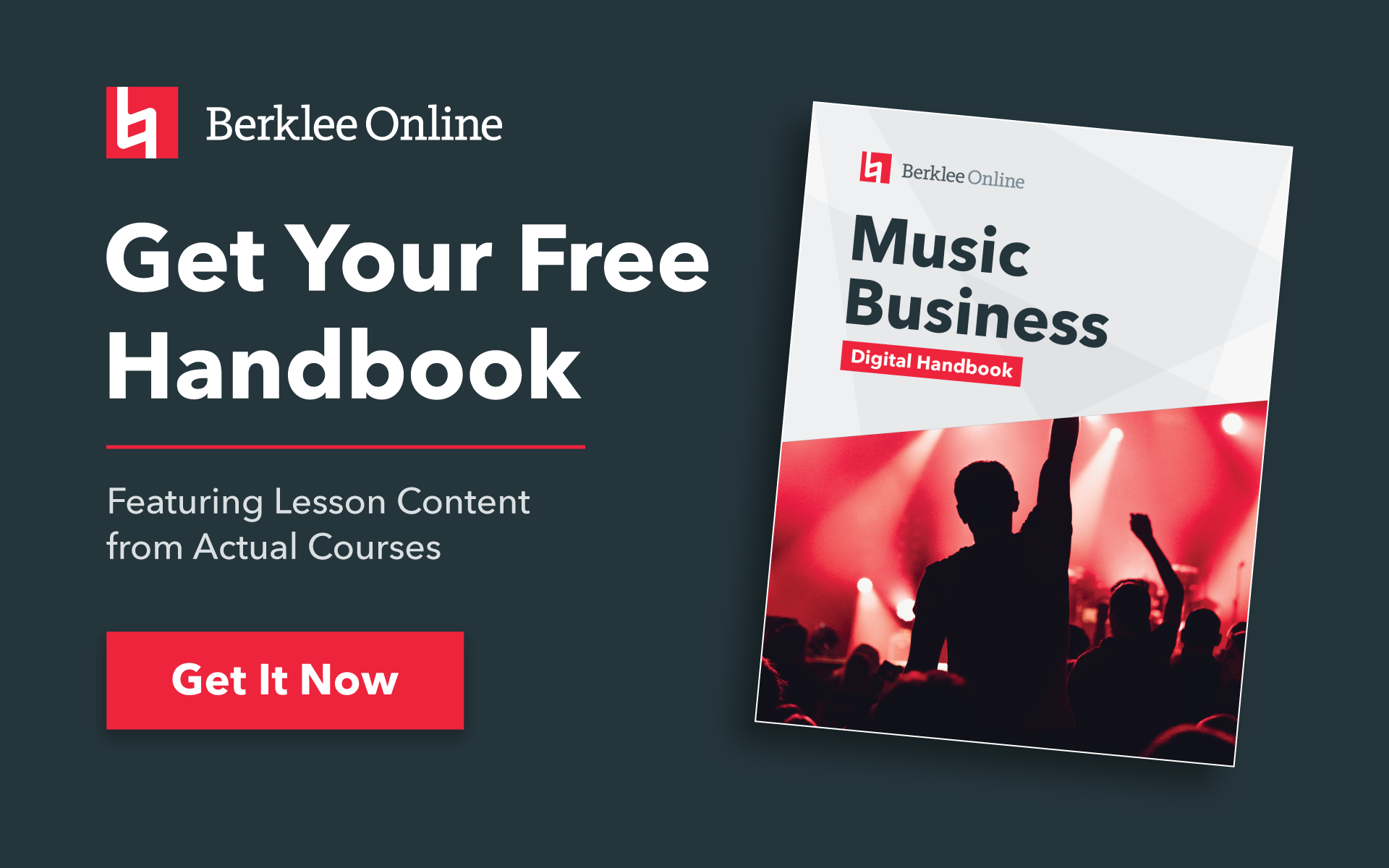Every musician dreams of getting that one big break: You’re playing in some dingy bar on a Saturday night and after the show, a chic, well-dressed woman rocking a leather jacket and thick rimmed glasses hands you her card and tells you she’d like to talk with you about your future. You take a look and it’s just what you were hoping: she’s a manager from a reputable management company, or maybe an agent from a top booking agency or—in your wildest dream an A&R rep—from a major label.
The explosion of the internet and social media has put power back in the hands of artists, so an artist does not always need this type of support as badly as in previous eras. This is not to say that musicians all want to be in charge of the business aspects of their careers, and capitalizing upon this desire to stick to the music, there has been a rise in self-starters using predatory business practices in the industry. Now more than ever it is important that artists arm themselves with business smarts and knowledge to avoid falling into a bad or even predatory business deal. Here are a few red flags to watch out for when discussing a deal with a potential manager, agent, label, or any other individual or organization you may come across:
1. They’re Rushing You to Sign Something
Applying pressure and making someone feel a false sense of urgency is a great way to get someone to make a bad decision. It also ensures that you as the artist don’t have time to do your homework: you don’t have time to research the person or organization, either online or through asking your network, whether or not they’re legit. By telling you that you need to sign with them right now so you can “hit the ground running” or “take advantage of the time of year,” these people are putting on the pressure, hoping that you won’t take a moment to pause and think about whether what they are offering you is a fair deal. If anyone ever pressures you to sign something in less than a week, beware.
2. They Don’t Require a Written Contract
This is a HUGE red flag. Contracts are everything in the business and anyone who works without a clearly written contract that dictates the scope and term of work is bad news. Having a contract is the only way to protect yourself legally. It is crucial for you, the artist, to have a contract to protect your assets, time, and money, but it’s also important for the other person, too. Anyone who does not want a contract either doesn’t have much experience, doesn’t have much to protect, or does not take their work seriously. Furthermore, if your agreement is ambiguous or “verbal” and you run into a conflict, you don’t have a written agreement to refer back to, which could cause unnecessary heartache. Do NOT under any circumstance begin working with someone without a signed contract in place, even if it’s someone you know.
3. They Offer a Fee-For-Service Model
This one is a little tricky. As I mentioned above, the industry is changing and more people in the business are trying to develop sustainable business models, one of which is the fee-for-service model. If you have the money to enter into a deal like this, proceed with caution and do your homework. If any of the other red flags listed here start to pop up then maybe it’s best to walk away. If not, then see if you can enter into a trial period or a short-term contract with the option to renew. This setup will give you the ability to test the waters and see what it’s like to work together: if you see positive outcomes then you can renew the contract, if not, then you can cut your losses and walk away with a lesson learned.
4. You Aren’t Able to Find Evidence of the Better Connections They Say They Have
In many cases, these types of deals are completely predatory. They’ll make you promises of all the things they can do for you—get your music nationally syndicated, boost your social media followers and engagement, even get you signed to a major label—all for the small fee of $1,000 a month. More than likely, these people may brag about their network or other artists they’ve worked with without sharing specific names, they will make a lot of promises, and if they talk about their vision for your career, it seems generic and not tailored to you specifically. Watch out for these people.
EXPLORE A MUSIC BUSINESS COURSE WITH BERKLEE ONLINE
5. They Haven’t Listened to Your Music or Seen You Play a Live Show
How can someone know if they want to work with you if they’ve never even heard you? Even though the folks in the business are trying to mitigate risk as much as possible, at the end of the day, there is still risk involved when a manager, agent, or label takes on a new client. There is no such thing as a sure thing and word of mouth is not enough to move a legit businessperson to make an investment. Just as you should do your homework about potential managers, agents, and labels that approach you, they should do their homework about you.
6. You Don’t Know Any of the Artists They Say They Have Worked With
The proof is in the pudding, as they say. If you don’t know any of the artists this person or organization can prove they have worked with, then more than likely, if you sign with them, no one will know who you are either. Track record is everything in the business and if they haven’t had success with their previous clients, the chance that they will have success with you is small, especially if they’ve been working in the business for a while.












